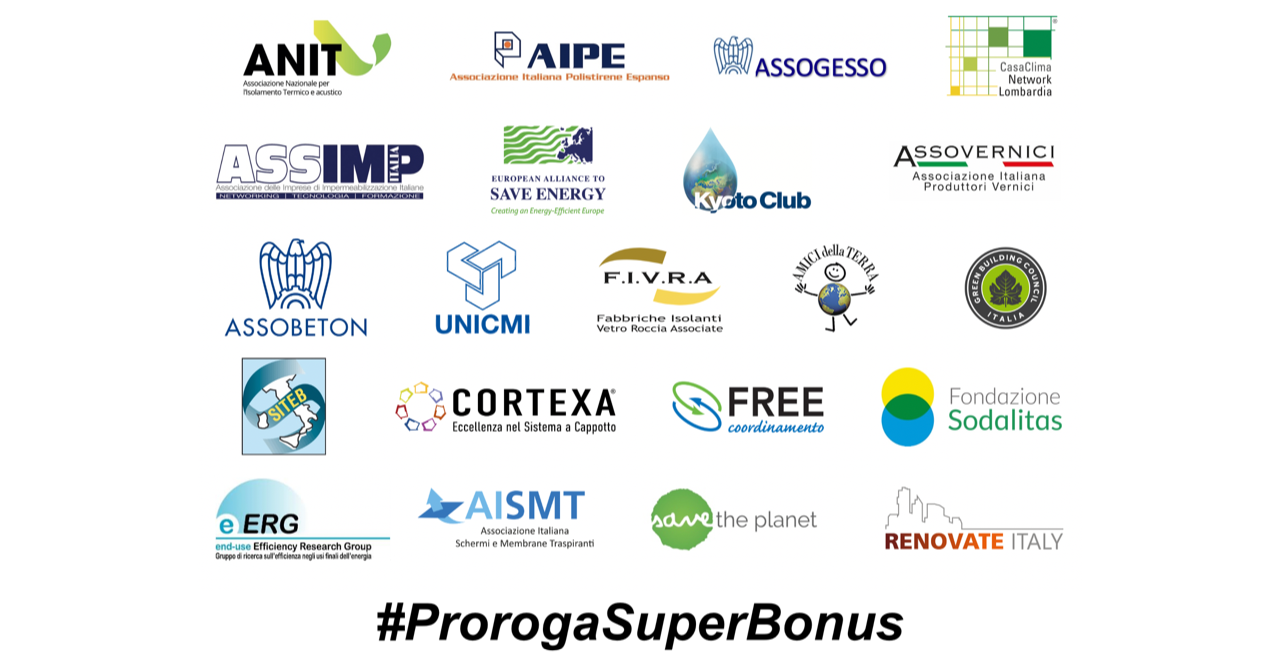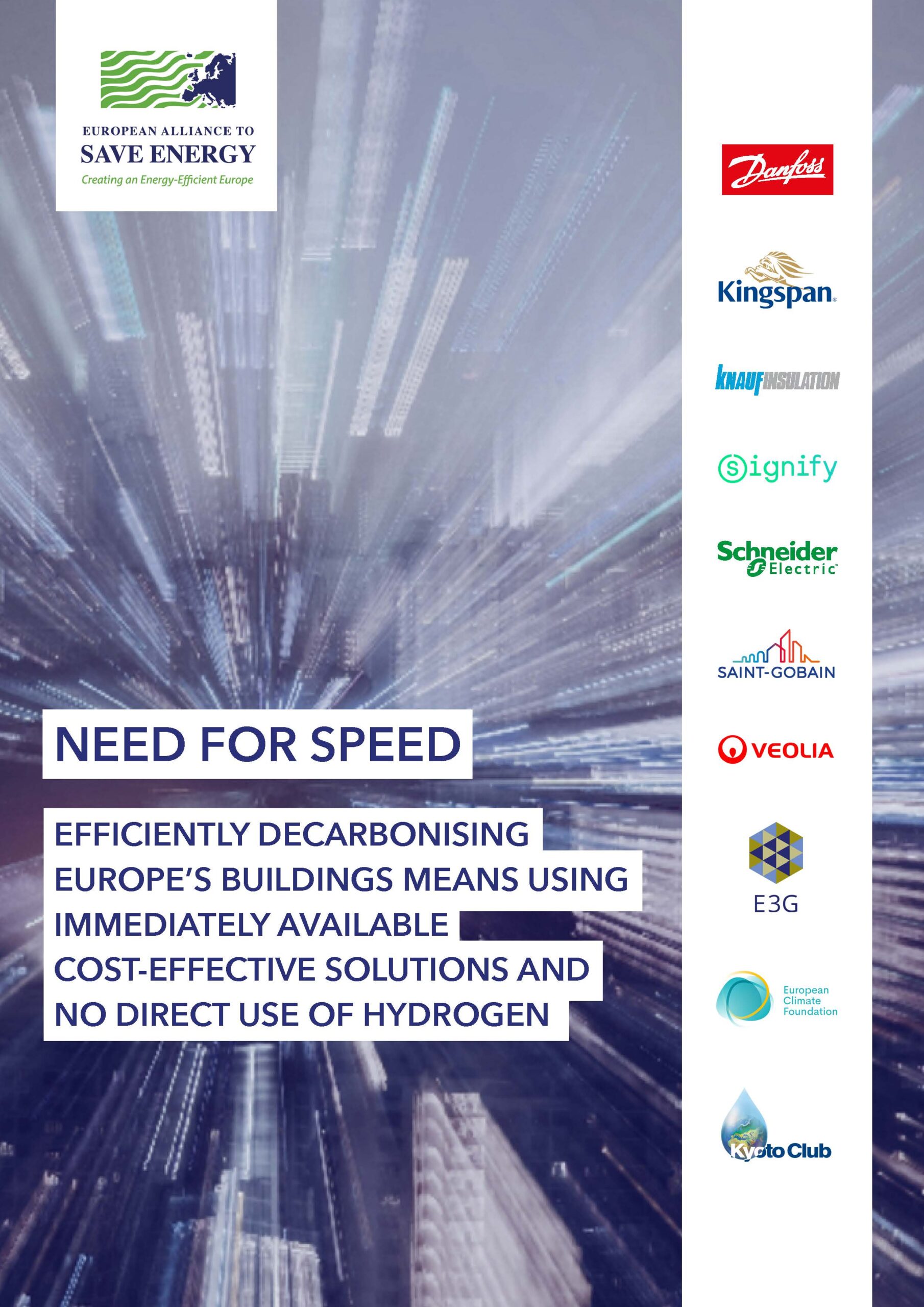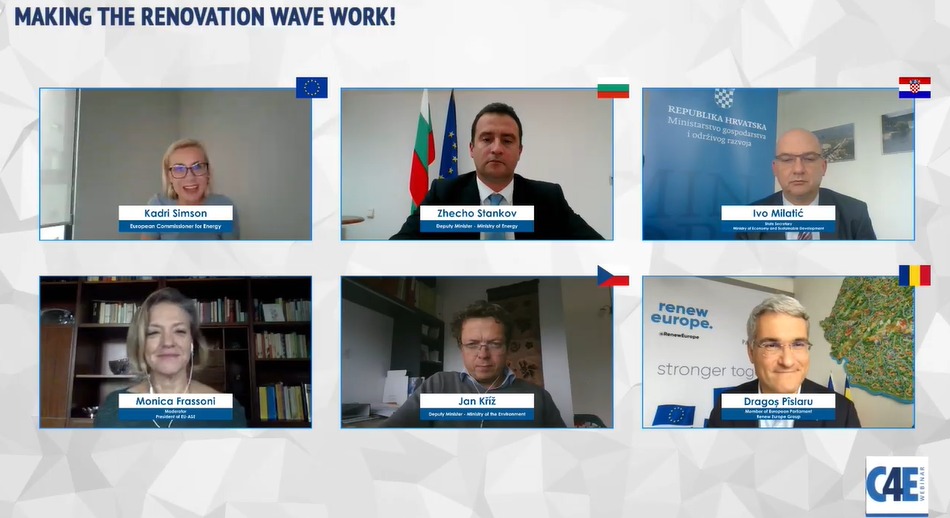Open letter: building renovations should be at the centre of the Italian recovery

In view of the drafting of the Italian recovery and resilience plan, EU-ASE has joined with leading national players from industry, environmentalism and academia asking the government to focus on the renovation of buildings for a green and resilient recovery.
The letter states:
The drafting and implementation of the National Recovery and Resilience Plan is an historic challenge for our country. It represents the unique opportunity to boost the economy, safeguard and/or create jobs and win the fight against pollution and climate change.
The renovation of existing buildings is the ideal tool because it provides advantages in terms of growth, jobs, economic and social resilience, which are unparalleled in other sectors:
- the high labour intensity, typical of all construction work, will create numerous local jobs (on average 18 jobs for every million euros invested, according to a Renovate Europe study);
- renovations will improve the quality of the buildings, this will have huge impacts on all of us citizens, who spend about 90% of our time inside buildings, including better air quality, comfort, and health;
- the strong decrease in energy consumption, which will bring decisive benefits in terms of tackling climate change (buildings are responsible for a large part of climate-altering emissions)
It is also important to remember that the aforementioned benefits would be obtained in a short time and would last over the long period, thanks to the long life of the technologies involved (insulation and renewable sources).
For this reason we support the plan to extend the “Superbonus 110%” until 2024 and, potentially, even beyond, until reaching the goal of decarbonising the entire building stock, as required by the European Directive on the Energy Performance of Buildings (EPBD).
Similarly, we support the willingness to allocate a part of the Recovery Fund resources (1 billion euro/year) for the renovation of public buildings, excluded from the application of the Superbonus 110%.
The above is the first necessary step to reach the EU 2030 (-55%) and 2050 (climate neutrality) climate targets. In fact, we remind you that Italy, according to the EPBD, has yet to adopt a real long-term renovation strategy for the de-carbonisation of the Italian housing stock.
Today more than ever buildings renovations can and must contribute to the recovery of the Italian economy and, at the same time, make our society more resilient.




